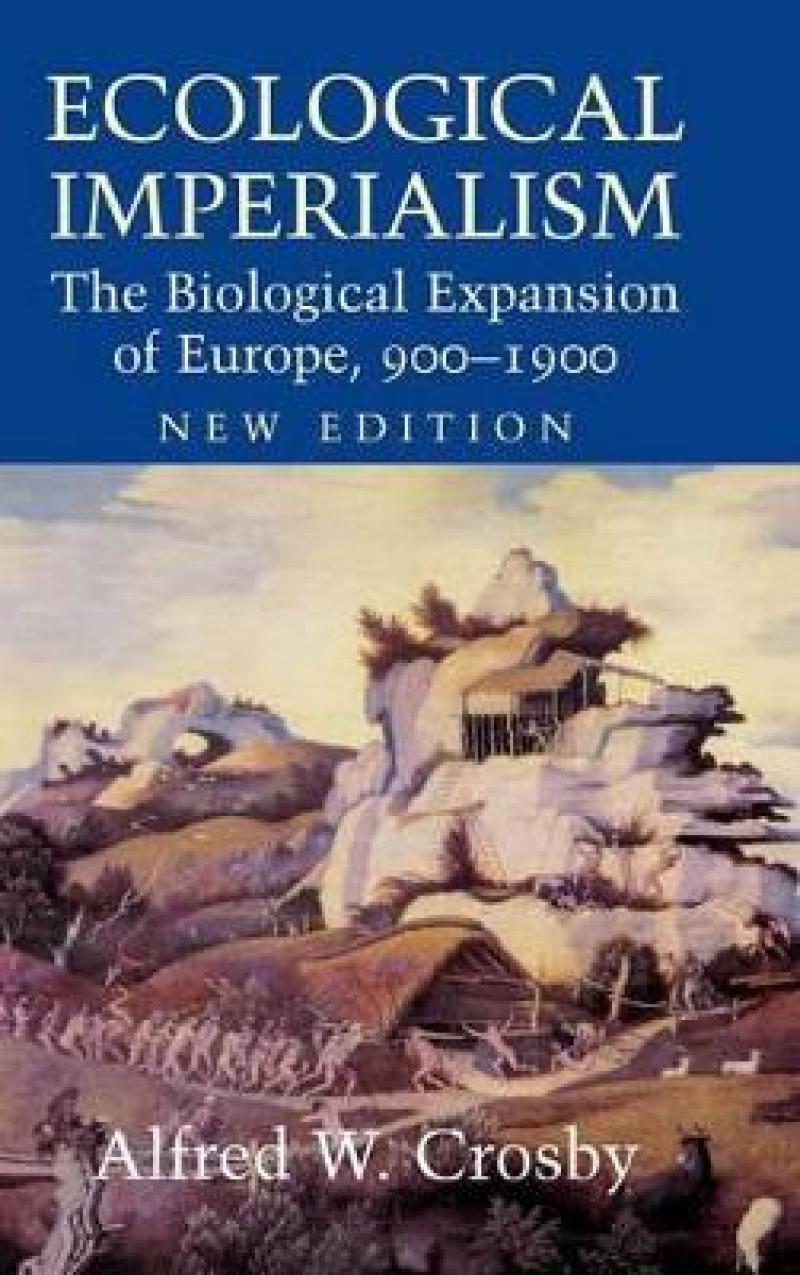People of European descent form the bulk of the population in most of the temperate zones of the world - North America, Australia and New Zealand. The military successes of European imperialism are easy to explain; in many cases they were a matter of firearms against spears. But, as Alfred Crosby maintains in this highly original and fascinating book, the Europeans' displacement and replacement of the native peoples in the temperate zones was more a matter of biology than of military conquest. European organisms had certain decisive advantages over their New World and Australian counterparts. The spread of European disease, flora, and fauna went hand in hand with the growth of populations. Consequently, these imperialists became proprietors of the world's most important agricultural lands. Now in a second edition with a new preface, Crosby revisits his now-classic work and again evaluates the global historical importance of European ecological expansion.
Les mer
1. Prologue; 2. Pangaea revisited, the Neolithic reconsidered; 3. The Norse and the Crusaders; 4. The Fortunate Isles; 5. Winds; 6. Within reach, beyond grasp; 7. Weeds; 8. Animals; 9. Ills; 10. New Zealand; 11. Explanations; 12. Conclusion.
Les mer
'In telling his very readable story, Mr Crosby combines a historian's taste for colorful detail with a scientist's hunger for unifying and testable generalization …[He] shows that there is more to history than kings and battles, and more to ecology than fruits and nuts.' The Wall Street Journal
Les mer
The second edition of this classic work that evaluates the ecological reasons for European expansion.
Produktdetaljer
ISBN
9780521837323
Publisert
2004-01-19
Utgave
2. utgave
Utgiver
Vendor
Cambridge University Press
Vekt
770 gr
Høyde
229 mm
Bredde
152 mm
Dybde
27 mm
Aldersnivå
G, P, U, 01, 06, 05
Språk
Product language
Engelsk
Format
Product format
Innbundet
Antall sider
408
Forfatter
